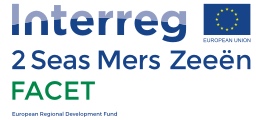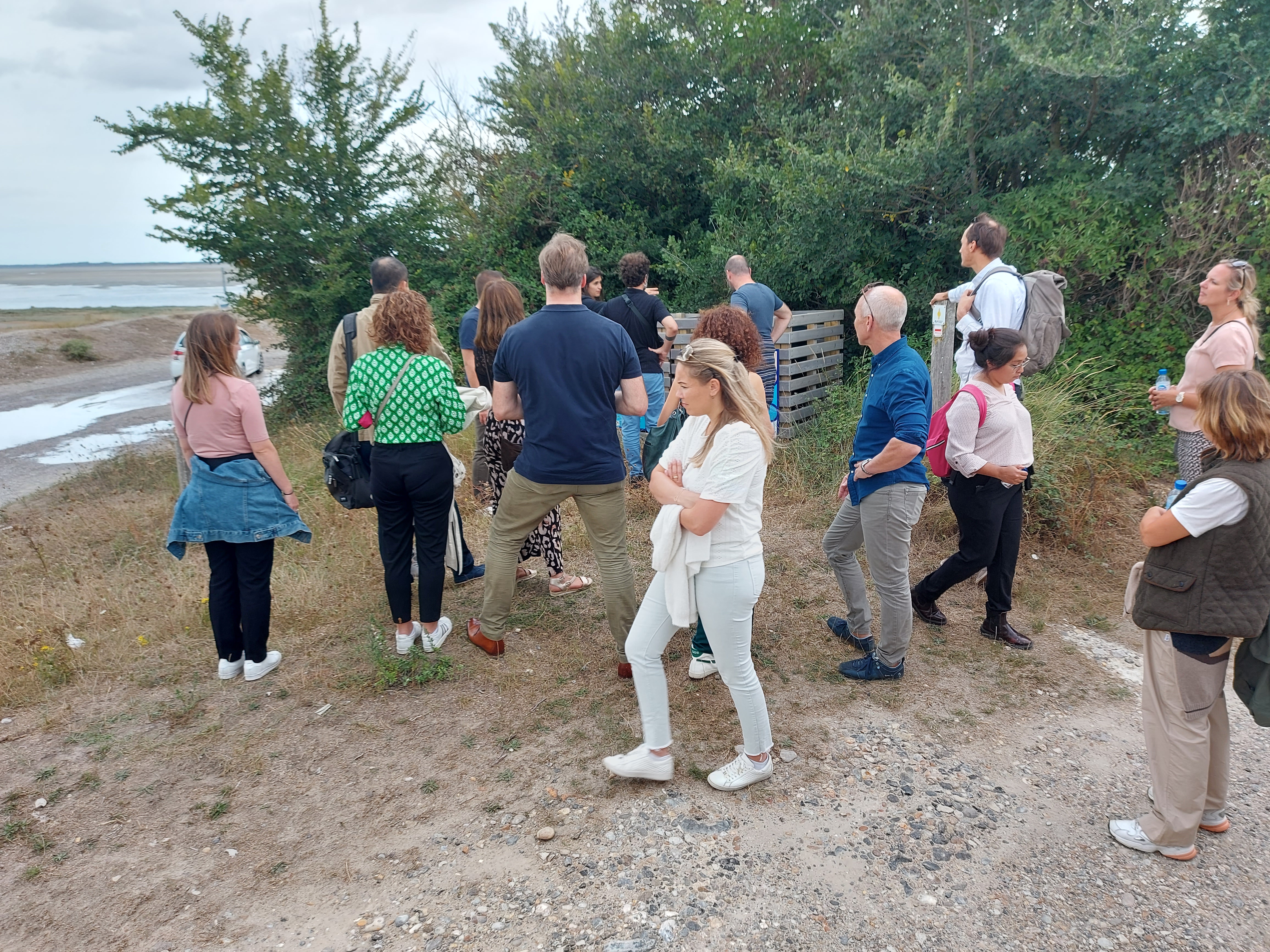The change needed in tourism
The acceleration of global warming and its effects highlights the need for all organizations to review their operating models. Tourism must make fundamental transformations to be more resilient on a technical, economic and health level. This resilience requires controlled consumption of flows but also optimized use of local resources to limit its vulnerability to external crises. The tourism sector still does not integrate the logic of operating in a circular economy into its activities.
Bring stakeholders together with TTE
Territorial tourism ecology is a new concept, which aims to bring tourism stakeholders together to consolidate the circular economy along the tourism value chain. Inspired by territorial industrial ecology, territorial tourist ecology (ETT) aims, through cooperation, to optimize resources in a given tourist area, whether energy, water, materials, waste but also equipment and expertise, knowledge and human resources.
Limit environmental impacts
To be considered as an ETT project, a project must correspond to a pooling between several actors of the territory or a sector of resources, services or materials. This pooling should make it possible to limit environmental impacts, improve economic competitiveness and the attractiveness of territories and should involve players in the tourism value chain.
A guide to help implement ETT
The ETT implements operational approaches that can lead to three categories of actions (which can be cumulative): resource substitution synergies, resource or service pooling synergies, innovative activities. To help impelement ETT projects we created a guide. This practical guide of recommendations resulting from feedback from Hauts-de-France presents and defines the concept of territorial tourist ecology (ETT) and illustrates it via examples of projects implemented in different tourist sectors: catering, the management of pleasure boats and circular cycle routes. Recommendations on different aspects of setting up an ETT project are also shared.
Pilot project in Hauts-de-France
The information presented in this guide comes from the summary and analysis of projects supported by ADEME in Hauts-de-France for two years and foreign projects studied as part of the cross-border Interreg project FACET (Facilitate the Adoption of Circular Entrepreneurship in the Tourism and leisure sector). This project aims to encourage entrepreneurs in the tourism sector to implement circular solutions within their business, thus creating new sustainable revenue models.
Conclusion of the document
The ETT can take many forms and involve a wide range of different actors (tourist offices, restaurateurs, accommodation providers, traders, tourist service providers, local authorities, tourists, etc.). As a result, there are as many ETT project configurations as there are volunteer project leaders. Any tourism actor is invited to use this concept to pool resources (means, services, materials) between tourism actors in the same territory. It is by seizing this circular logic that tourism will be able to limit its ecological footprint while improving the economic competitiveness of the actors and the attractiveness of the territory.
*The guide is currently only available in French

